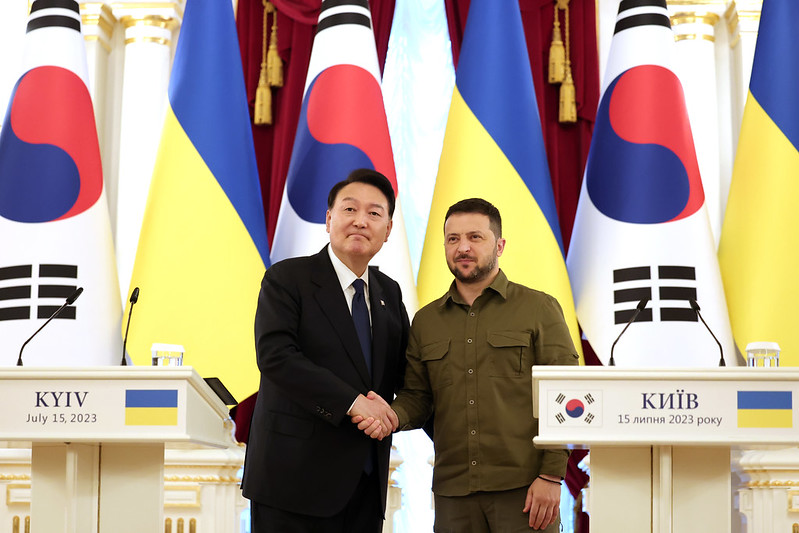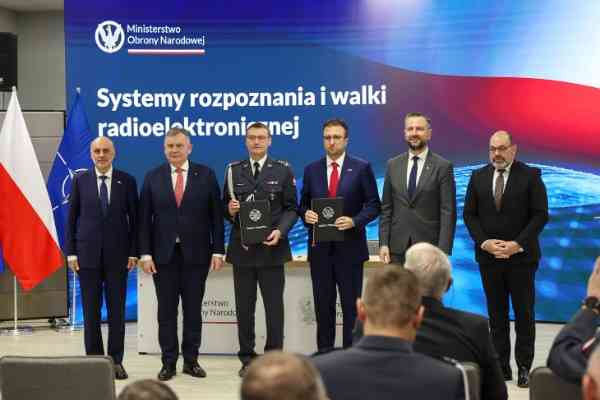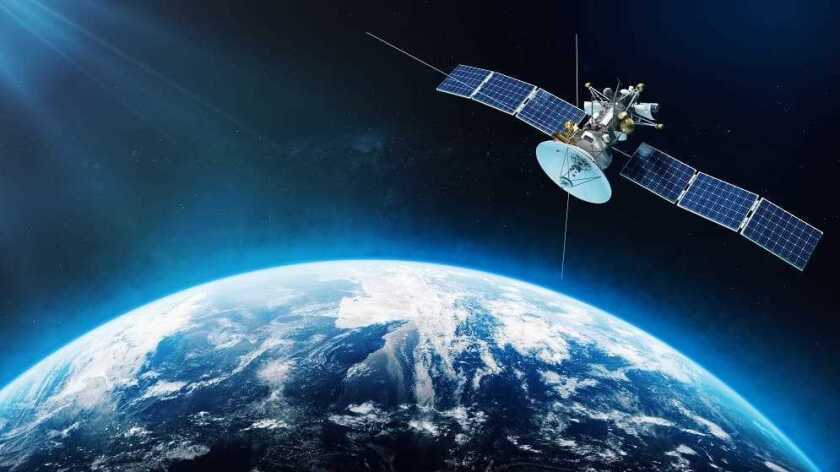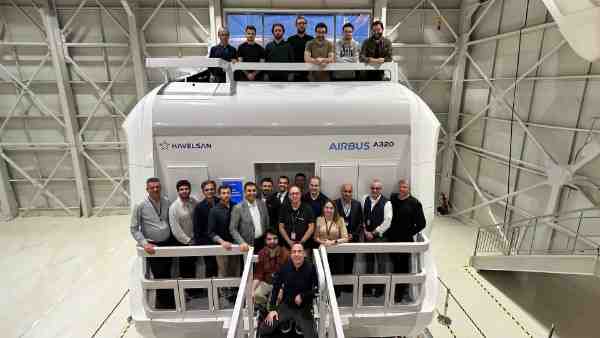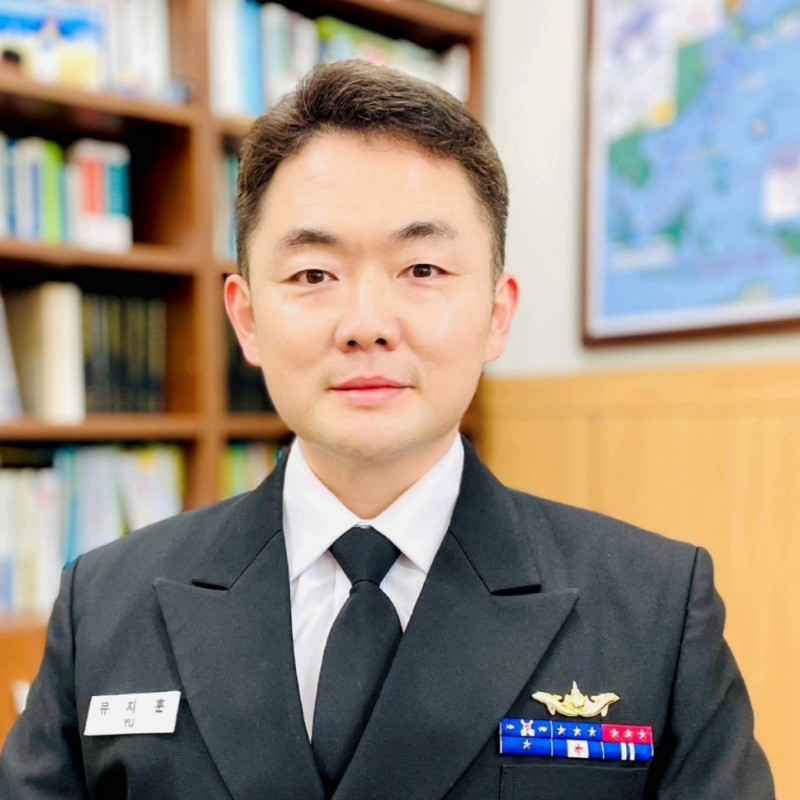The Russia-Ukraine war has left Ukraine in a state of unprecedented destruction, and while the exact timeline for the conflict’s end remains uncertain, preparing for reconstruction is imperative. As the war continues, it will become increasingly crucial to focus on rebuilding the nation and addressing the extensive damage inflicted. This monumental task extends beyond merely restoring physical infrastructure; it encompasses economic revitalization, environmental sustainability, and social stability. South Korea’s advanced technologies in smart farming and waste-to-energy solutions will emerge as critical components in this complex and urgent endeavor. These innovations hold significant potential to enhance Ukraine’s agricultural productivity and waste management systems, laying the foundation for a more resilient and sustainable future.
Ukraine will face a monumental challenge in reconstructing its war-torn landscape. The widespread destruction of infrastructure, displacement of populations, and disruption of vital industries will necessitate a comprehensive and strategic approach to rebuilding. Agriculture, a cornerstone of Ukraine’s economy, will have been severely impacted, while waste management issues will be exacerbated by the conflict. Effective reconstruction must address these multifaceted issues while laying the groundwork for long-term economic stability, environmental stewardship, and social cohesion.
South Korea’s expertise in smart farming and waste-to-energy technologies will offer valuable solutions for Ukraine’s recovery. These areas not only address immediate needs but also contribute to sustainable development, which will be crucial for ensuring resilience in the face of future challenges. South Korea has pioneered the development and implementation of smart farming technologies that integrate digital tools and data analytics to optimize agricultural practices. These technologies include precision farming, autonomous machinery, and advanced climate monitoring systems. For Ukraine, adopting smart farming practices will revolutionize its agricultural sector, which is essential for food security and economic recovery. Smart farming can enhance crop yields, reduce resource usage, and improve soil health, which are critical in rebuilding Ukraine’s agricultural productivity. South Korean companies will assist in establishing smart farms by providing technology transfers, training, and support. This collaboration could involve implementing sensor-based irrigation systems, drone monitoring for crop health, and automated harvesting equipment, all tailored to Ukraine’s specific needs and conditions.
The conflict will likely intensify waste management challenges in Ukraine, with increased debris and destruction generating substantial amounts of waste. South Korea’s advanced waste-to-energy technologies will offer a solution to this pressing issue. These technologies convert waste into valuable energy, addressing waste disposal problems while providing a sustainable energy source. South Korean expertise in waste-to-energy systems will include cutting-edge incineration and anaerobic digestion technologies that can transform waste into electricity, heat, or biogas. Implementing these systems in Ukraine will help manage the increased waste load from reconstruction efforts and reduce environmental impact. Additionally, waste-to-energy projects can create jobs, support local economies, and contribute to energy independence, all of which are vital for a recovering nation.
For South Korea’s smart farming and waste-to-energy technologies to be effectively integrated into Ukraine’s reconstruction efforts, strategic collaboration between both nations will be essential. Joint ventures, public-private partnerships, and international aid programs will facilitate technology transfer and ensure that solutions are adapted to local conditions. South Korean companies and government agencies must work closely with Ukrainian counterparts to navigate logistical and regulatory challenges. This collaboration should include setting up pilot projects, providing training and capacity building, and ensuring that technologies are implemented in a way that maximizes their effectiveness and sustainability. The establishment of robust communication channels and ongoing support will be critical in adapting these technologies to the evolving needs of Ukraine.
While South Korea’s involvement presents significant opportunities, several challenges will need to be addressed. These include ensuring political stability, adapting technologies to Ukraine’s unique conditions, and managing the cultural and operational differences between the two nations. Overcoming these challenges will require careful planning, ongoing dialogue, and a commitment to addressing these issues collaboratively. Success will hinge on a coordinated effort that aligns technological solutions with Ukraine’s reconstruction goals.
The reconstruction of Ukraine after the Russia-Ukraine war will represent a critical and complex challenge that extends beyond physical rebuilding. South Korea’s expertise in smart farming and waste-to-energy solutions will offer invaluable support in this endeavor. By leveraging advanced technologies in agriculture and waste management, South Korea will play a pivotal role in Ukraine’s recovery, enhancing agricultural productivity, addressing waste management issues, and contributing to a sustainable and resilient future. Strategic collaboration and effective implementation will be key to ensuring that these technologies have a meaningful and lasting impact on Ukraine’s reconstruction and development. As both nations work together, their combined efforts will pave the way for a more stable and prosperous Ukraine, equipped to face future challenges with renewed strength and sustainability.
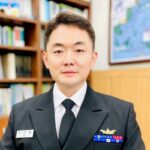
Table of Contents
ToggleJihoon Yu
Jihoon Yu is the director of external cooperation and associate research fellow at the Korea Institute for Defense Analyses. Jihoon was the member of Task Force for South Korea’s light aircraft carrier project and Jangbogo-III submarine project. He is the main author of the ROK Navy’s Navy Vision 2045. His area of expertise includes the ROK-U.S. alliance, the ROK-Europe security cooperation, inter-Korean relations, national security, maritime security, hybrid-threats, and strategic weapons systems. He earned his MA in National Security Affairs from the U.S. Naval Postgraduate School and Ph.D. in Political Science from Syracuse University.
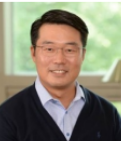
Sangmin Lee
Sangmin Lee, an active-duty army colonel, is currently the research fellow of the North Korean military research division at the Korea Institute for Defense Analyses (KIDA). He is an expert in North Korea's military field, particularly researching nuclear weapons, missiles, and weapons of mass destruction (WMD). He graduated from the Korean Military Academy, and obtained his master's and doctoral degrees in material science & engineering from Japan National Defense University and Tohoku University.


